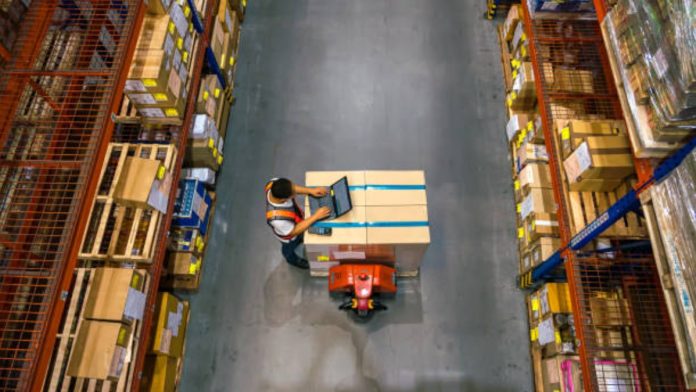– By Nari Katgara
In an increasingly interconnected world, the Indian diaspora has grown into a significant global community, with over 35 million Indians living abroad. This community has a profound cultural connection to India that comes alive, especially during festive occasions. Festivals like Diwali, Holi, Eid, Durga Puja, Lohri, Navratri and Christmas represent nostalgia, family bonding, and spiritual renewal, creating a strong demand for logistics solutions to deliver a sense of home to Indians worldwide.
The logistics industry is pivotal in connecting the diaspora to their roots, adapting to the demands of cross-border festive deliveries. As a multicultural, mobile population grows, global logistics have seen shifts tailored to seasonal spikes and cultural needs, especially as Indian-born individuals abroad rose from 18 million in 2020 to over 35 million by 2024 as per a UN report. The rising cross-border B2C e-commerce market, projected to grow at a CAGR of 23.1% from 2024-2032, reflects the demand for Indian-origin products, particularly during festive seasons.
Also Read 9 key trends driving festive season sales in Indian e-commerce Mumbai Airport records 4 per cent growth in October passenger traffic IndiGo enters business class market as Air India merges with Vistara India International Trade Fair 2024 in Delhi starts today: How to get tickets online or offline? Know ticket price, timings, venue and more
Also ReadCCI slaps Rs 231 crore fine on Meta for data sharing
According to IATA, the global air cargo industry faces seasonal peaks, such as those around Diwali and Christmas, which can drive up demand by 30-40%, especially as consumer shopping during these periods continues to increase internationally. There is an increasing reliance on international shipping among diaspora that uses e-commerce platforms to purchase Indian origin products – from ethnic wear to spices. As cross-border e-commerce evolves, advances in technology and international trade agreements are also improving the ease and affordability of transactions, addressing challenges like customs delays and compliance.
Logistics providers must manage this surge in volume while dealing with strict timelines as many Indian festivals fall on fixed dates in the lunar calendar, making timing critical. The idea of preserving the cultural essence of the celebration through the products sourced from India create unique challenges for logistics providers.
» Read More


